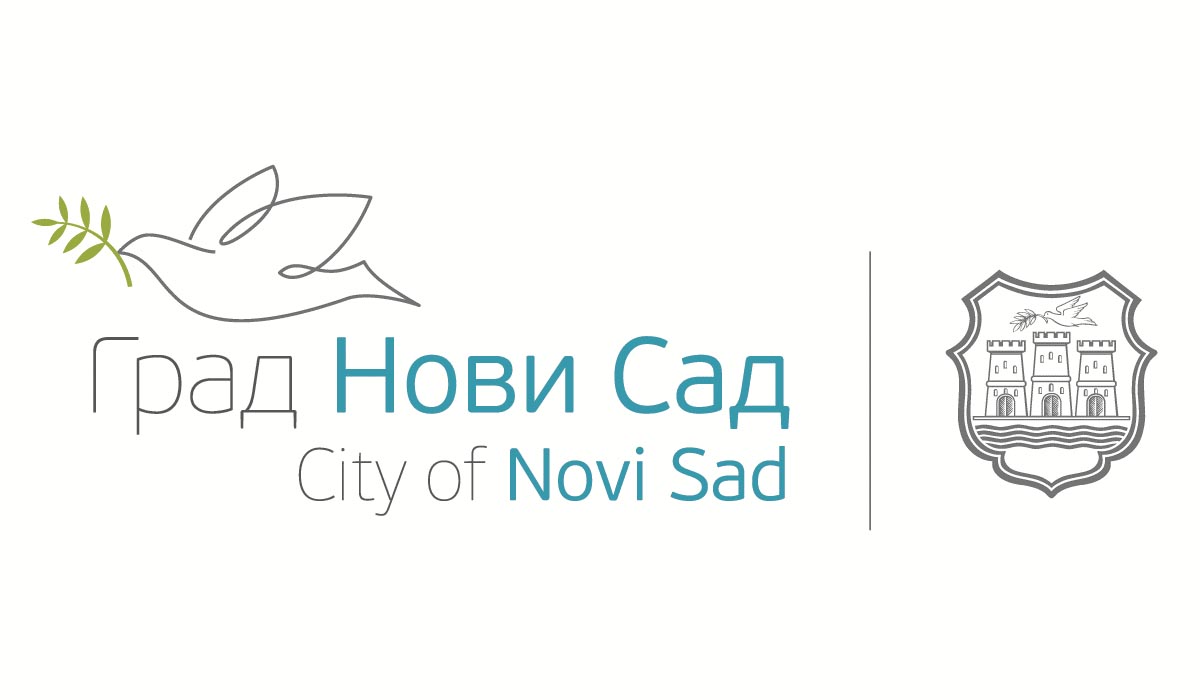POVERTY AND THE FRANCISCAN ORDER IN SOUTHEAST EUROPE
Keywords:
the Franciscan Order, the rule of poverty, Southeast Europe, the Balkans, Hungary, mendicant orders, Order of St. Clare, the Franciscans missionaries
Abstract
The founders of the Franciscan order prescribed complete, absolute poverty for their followers through norms that regulated their way of life. Regulations included the prohibition of possession of personal property and acquisition of resources for living through begging. In southeastern Europe, Hungary and within the Balkan Peninsula, the regulation could not be applied because of inadequate circulation of money. Thus, rulers and feudal lords gave them small land holdings, so that they possessed serfs, led property and inheritance disputes, subsequently turning into the ruling landowning class, with all the consequences of the status. Such deformation of the Franciscan rule of poverty in southeastern Europe astonished contemporaries from developed urban areas of the Mediterranean and Western Europe. This phenomenon, however, with the consent of the supreme ecclesiastical and secular authorities survived until well into the twentieth century.Downloads
Download data is not yet available.












